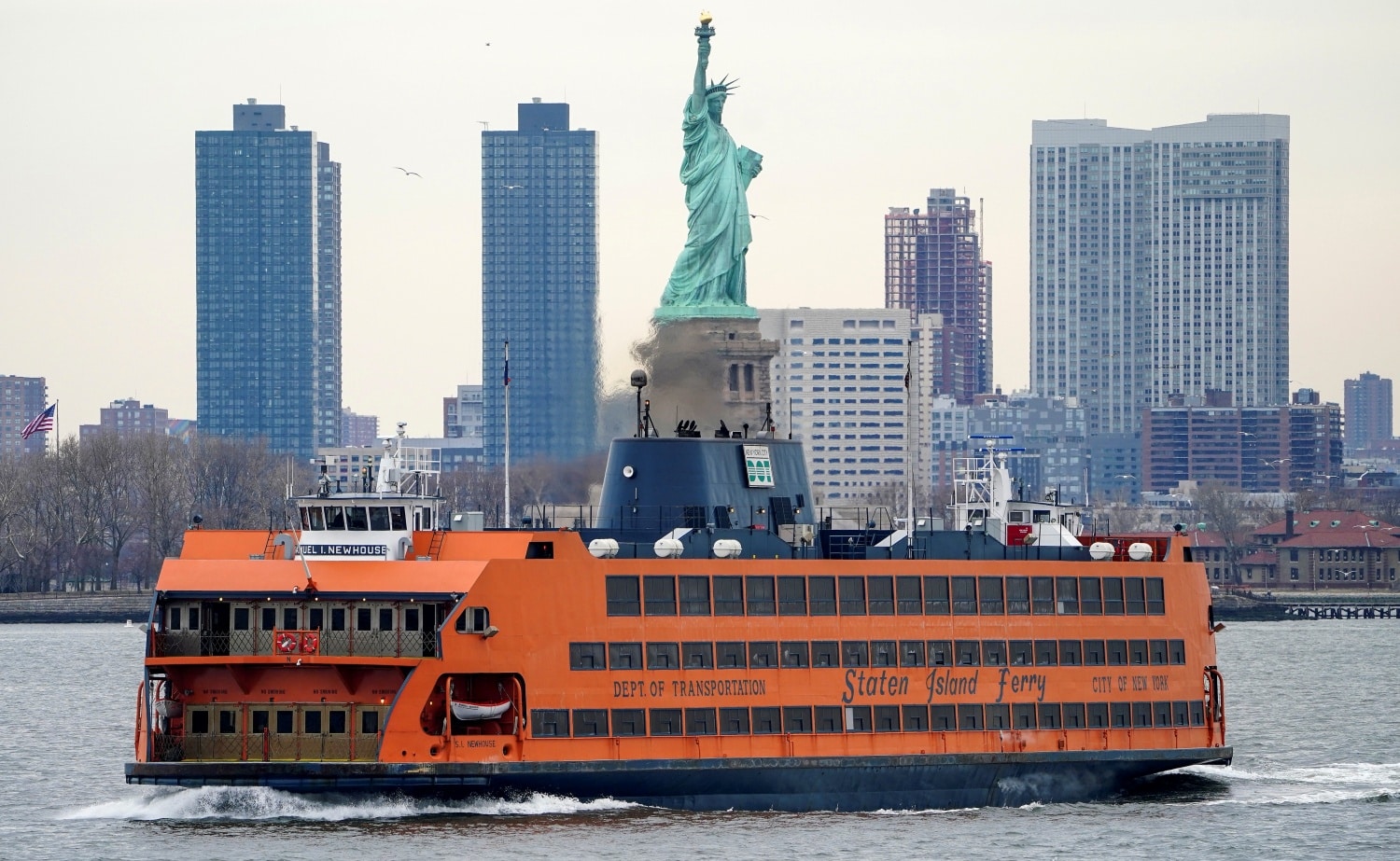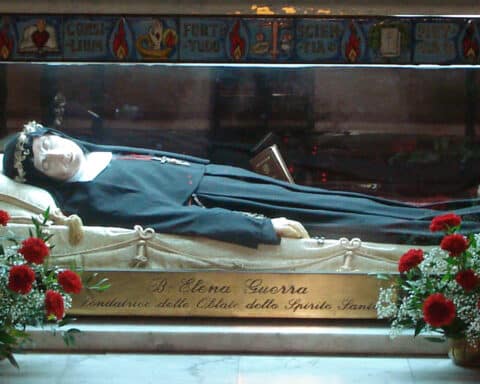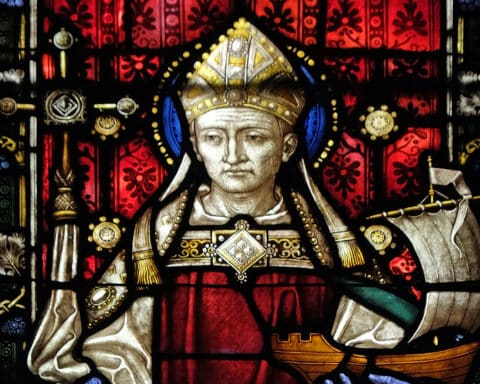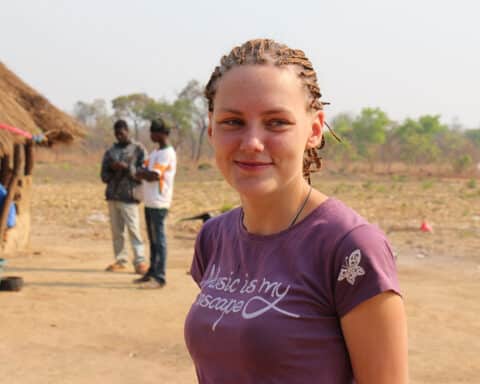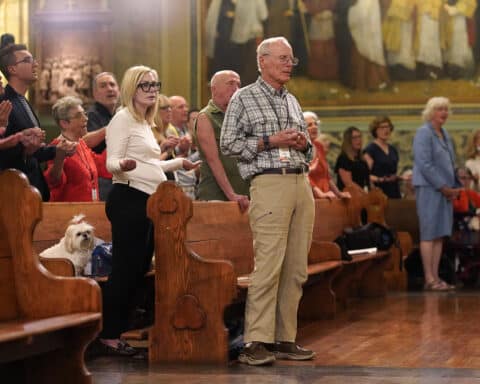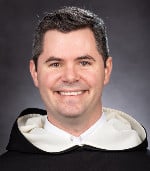
Dorothy Day received renewed international attention when Pope Francis mentioned her during his 2015 address to a joint session of the U.S. Congress. He told Americans, “In these times when social concerns are so important, I cannot fail to mention the Servant of God Dorothy Day, who founded the Catholic Worker Movement.” The pope continued, “Her social activism, her passion for justice and for the cause of the oppressed, were inspired by the Gospel, her faith, and the example of the saints.”
The vessel is just the third Staten Island Ferry boat to be named for a woman, and I think the ship’s arrival in New York aligns with a time when Servant of God Dorothy Day is just the sort of guide we need. But not only, as Pope Francis rightly highlights, for the merits of her service to the poor.
Peace
As war continues to rage in Ukraine and nuclear threats are casually discussed widely — even by our president — Dorothy, a determined activist for peace, offers us a response. In 1945, she unequivocally condemned the dropping of the atomic bomb in Hiroshima, mocking the reports of the Associated Press, “It is to be hoped they are vaporized, our Japanese brothers — scattered, men, women and babies, to the four winds, over the seven seas.”
Arrested five times from 1955-59 for civil disobedience — refusing to participate in civil air defense drills to protest the nuclear arms race — Dorothy boldly proclaimed her allegiance to God “against the coercive state.” Her loyalty to the Gospel and Our Lord’s call for peace might well stir up similar aspirations in our hearts today.
Loneliness
Today, Americans are struggling with unparalleled levels of isolation and loneliness. A 2020 Harvard study reports that “36% of respondents reported serious loneliness — feeling lonely ‘frequently’ or ‘almost all the time or all the time.'” Day knew this haunting specter well.
Recalling late evenings she spent in an old saloon on Fourth Street and Sixth Avenue, she said, “No one ever wanted to go to bed, no one ever wanted to be alone.” It was on one of those nights that she heard the playwright Eugene O’Neill recite “The Hound of Heaven,” the famous poem by Francis Thompson.
“It is one of those poems that awakens the soul, recalls to it the fact that God is its destiny,” Dorothy writes. “The idea of this pursuit fascinated me, the inevitableness of it, the recurrence of it, made me feel that inevitably I would have to pause in the mad rush of living to remember my first beginning and last end.”
And then, many mornings, when she would leave the pub after a long night, she would wander into St. Joseph’s Church on 6th Avenue, having noticed the little streams of early morning Mass-goers headed for their daily communions, and so Dorothy found herself in their midst, both buoyed by and longing for their faith.
Abortion
Finally, with the question of legalized abortion at the forefront of our upcoming midterm elections, Dorothy Day offers a healing word. While she never publicly spoke or wrote about her abortion, she once described it to a longtime member of the Catholic Worker, saying: “You know, I had an abortion. The doctor was fat, dirty and furtive. He left hastily after it was accomplished, leaving me bleeding.”
“Made pregnant by a man who insisted she have an abortion, who then abandoned her anyway, she suffered terribly for what she had done, and later pleaded with others not to do the same,” said the late Cardinal John O’Connor of New York. “But later, too, after becoming a Catholic, she learned the love and mercy of the Lord, and knew she never had to worry about his forgiveness,” he asserted.
Knowing what Dorothy suffered, Day’s book, “The Long Loneliness,” reads as an extraordinary story of mercy. For she who had sought love in politics and romance came to experience the tender mercy of God and the purification of that love. “We cannot love God unless we love each other, and to love we must know each other,” she writes. “We know him in the breaking of bread, and we know each other in the breaking of bread, and we are not alone anymore.”
Father Patrick Briscoe, OP, is editor of Our Sunday Visitor. Follow him on Twitter @PatrickMaryOP.

